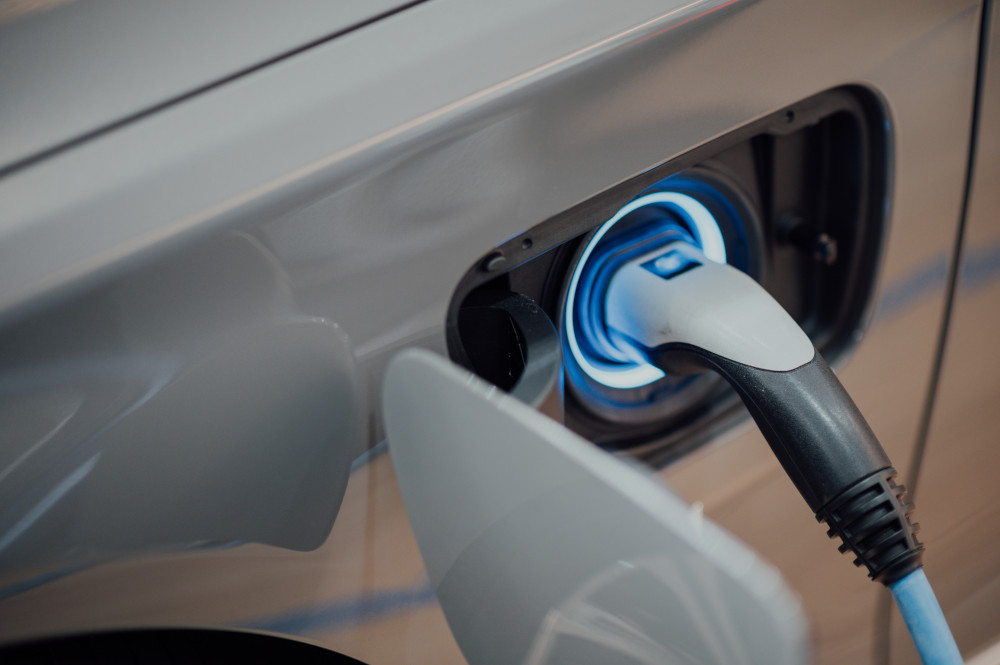The Rise of Alternative Fuel Vehicles in New Zealand: Exploring the Pros and Cons

As concerns about climate change and environmental sustainability continue to grow, countries around the world are shifting their focus towards alternative fuel vehicles (AFVs) as a means to reduce greenhouse gas emissions and dependence on fossil fuels. New Zealand, with its stunning landscapes and commitment to environmental conservation, is no exception. In this article, we will delve into the rise of AFVs in New Zealand, exploring the pros and cons of adopting these vehicles in the country's unique context.
AFV stands for Alternative Fuel Vehicle. It refers to any type of vehicle that utilizes a fuel or power source other than traditional gasoline or diesel. AFVs encompass a wide range of vehicles, including electric vehicles (EVs), hybrid electric vehicles (HEVs), plug-in hybrid electric vehicles (PHEVs), hydrogen fuel cell vehicles (FCVs), and vehicles powered by biofuels, natural gas, or propane.
Pros of Alternative Fuel Vehicles in New Zealand:
- Reduced Emissions: One of the primary advantages of AFVs is their ability to significantly reduce emissions compared to conventional internal combustion engine vehicles. As New Zealand aims to become carbon-neutral by 2050, AFVs, particularly electric vehicles (EVs), play a crucial role in achieving this goal.
- Renewable Energy Potential: New Zealand has abundant renewable energy resources, such as hydro, wind, and geothermal power. AFVs can take full advantage of these clean energy sources, contributing to a more sustainable transportation sector and reducing the nation's reliance on imported fossil fuels.
- Lower Operating Costs: AFVs, particularly EVs, have lower operating costs compared to traditional gasoline or diesel vehicles. The cost of electricity for charging an EV is significantly lower than the cost of fuel, resulting in potential long-term savings for consumers.
- Government Initiatives and Incentives: To encourage the adoption of AFVs, the New Zealand government has implemented several initiatives and incentives. These include rebates and subsidies for purchasing EVs, reduced registration fees, and the development of an extensive nationwide charging network.
Cons of Alternative Fuel Vehicles in New Zealand:
- Limited Charging Infrastructure: While the charging infrastructure in New Zealand has been growing rapidly, there are still challenges related to accessibility and availability. Expanding the charging network across the country's diverse geography remains a significant task.
- Range Anxiety: Range anxiety refers to the fear of running out of battery power before reaching a charging station. Although EV technology has improved significantly, some New Zealanders may still have concerns about the limited driving range, especially in rural or remote areas with less access to charging infrastructure.
- Higher Upfront Costs: While the long-term operating costs of AFVs are lower, the initial purchase price is often higher than that of conventional vehicles. This can deter some potential buyers, despite the government incentives in place.
- Battery Manufacturing and Disposal: The production and disposal of electric vehicle batteries have environmental implications. Proper battery recycling and disposal processes must be in place to mitigate the impact on the environment.
Alternative fuel vehicles, particularly electric vehicles, are gaining momentum in New Zealand as the nation strives for a more sustainable future. While there are undoubtedly advantages to adopting AFVs, such as reduced emissions and lower operating costs, challenges like limited charging infrastructure and higher upfront costs must also be addressed. By focusing on expanding the charging network, investing in renewable energy sources, and providing continued government support, New Zealand can overcome these obstacles and accelerate the transition to a greener transportation system that benefits both the environment and its citizens.
